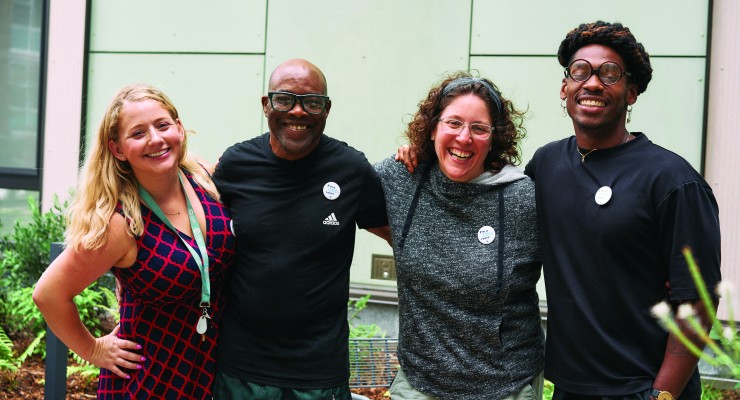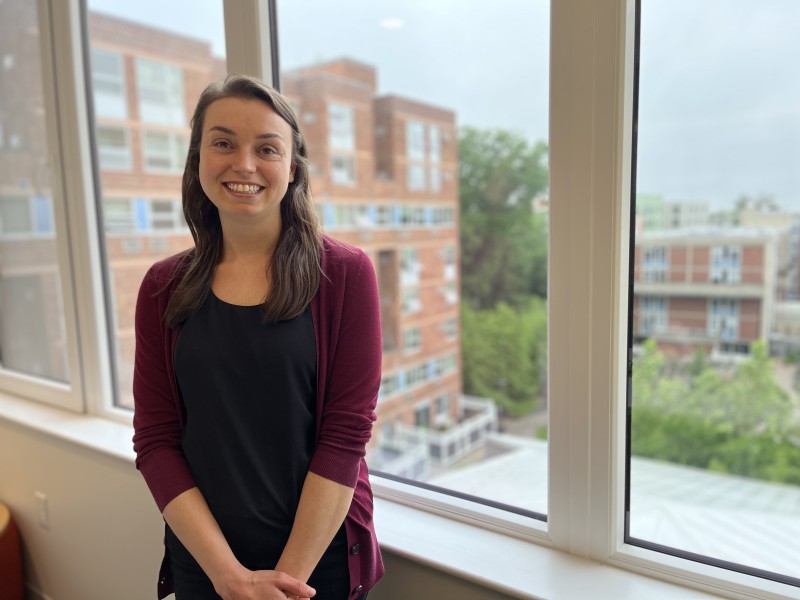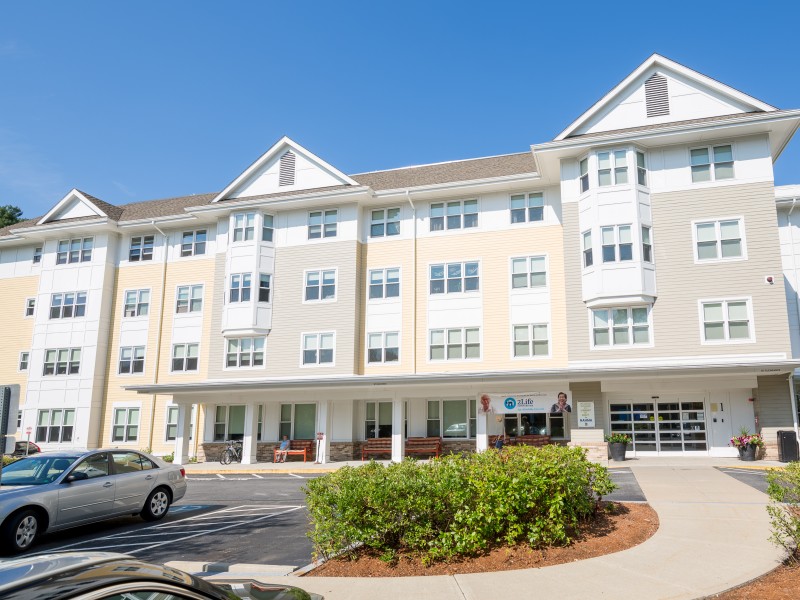Thoughts from Emily Levine, 2Life Chief of Advocacy: Effective advocacy requires partnership

Imagine a world where every older adult has the opportunity to live a full life of connection and purpose, where society values the wisdom and experience of older generations, and where innovative policies and programs that coalesce around the physical, emotional, and social well-being of seniors are the norm rather than the exception. It is a world in which the unprecedented growth in the number of seniors we are currently experiencing in Massachusetts and across the country is embraced as the opportunity it could be: a chance to set the stage for optimal aging for this and future generations.
And yet, the possibility of realizing this kind of future is currently hindered by existing barriers to achieving it — both for individual older adults and for the systems meant to support optimal aging:
- Nearly 300,000 Massachusetts seniors cannot afford to pay for essential living costs, such as housing, healthcare, and food. Housing is the biggest cost in most household budgets and drives Massachusetts to be the worst state for elder economic security. At 2Life alone, we have more than 8,900 households on our waiting list.
- The U.S. Surgeon General declared loneliness an epidemic in older adults, noting that it increases their risks of dementia, heart disease, stroke, and premature death. In 2023, one in three U.S. adults ages 50-80 (34%) reported feeling isolated from others in the past year.
- The current narrative often refers to the dramatically increasing number of seniors as a funding burden rather than acknowledging how much they have to offer.
- Policies and programs created decades ago have failed to keep up with our evolving understanding of the integrated needs of older adults.
At 2Life, seniors are seen, respected and, most of all, given the agency they deserve. Aging in community empowers residents to enjoy privacy in their homes and engage with others when they choose. By leveraging the power of place, we can efficiently provide a wide range of health and support services within our communities.
While we are working aggressively to increase our footprint and provide as many new opportunities for seniors to age in community as possible, we know our communities alone are not enough, and current funding systems make our model difficult to replicate. We also know that, while other organizations share our commitment to supporting optimal aging, they also face funding and regulatory barriers.
Our advocacy approach is driven by tenacity and relationships, and we are already seeing dramatic results. Just one example is the focused attention on the unique needs of seniors in the historic Affordable Homes Act. If we really aim to change the systems that address the problem and the opportunity, we must do so in coalition. That means engaging in a relentless effort to build relationships across sectors with organizations that care about seniors but don’t usually think about housing production. By coming in with confidence in our expertise, the humility to know we do not have all the answers, and the acknowledgement that others are working hard to advance their definitions of justice for older adults, we are building a strong force for systems change.


